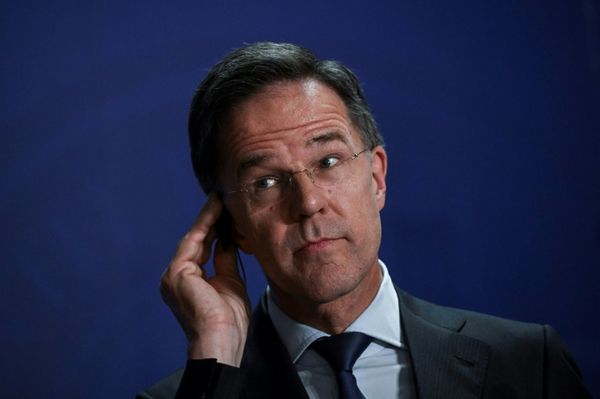
Timing is everything. Suspicions that Boris Johnson had broken lockdown rules nearly toppled him in January. Yet now the prime minister looks safe, even as suspicion becomes fact with the issuing of a fixed penalty notice by the police. Johnson’s strong response to the international crisis provoked by Russia’s invasion of Ukraine appears to have saved him for now, though with more fines probably still to come, and Sue Gray’s final report looming, his position remains perilous.
The lockdown party scandals have turned a lot of voters against Johnson. His average net approval ratings across seven national pollsters collapsed from -9 last September to -40 in January. At rock bottom, the prime minister’s ratings were as bad as Margaret Thatcher’s during the poll tax crisis or Gordon Brown’s at the height of the financial crisis. Johnson was less popular with voters in January than Jeremy Corbyn was during the 2019 election campaign. The Johnson brand as a politician with unique popular appeal looked completely shot.
The prime minister has recovered somewhat since his low ebb, with an average net approval in the latest figures of -25, up 15 points on January. This rebound should not be overstated. Despite a relatively favourable news agenda, Johnson’s ratings today remain at or below the worst figures he recorded before partygate. The prime minister is less popular now than he was, for example, during the height of the winter 2020 Covid lockdown crisis. Last summer’s vaccine honeymoon now looks a distant memory.
Johnson is seen as weaker, less competent, less trustworthy and less likable that at any point pre-partygate. Police fines and further revelations will reinforce this shift. The damage done by wine fridges and lockdown discos cannot be undone.
Things may yet get worse. Public hostility to the prime minister could leach into views of his party and its policies. As Labour discovered in 2019, popular policies lose their lustre when associated with an unpopular frontman. Motives are distrusted; the ability to deliver is called into question. Good ideas cannot save bad leaders.
Nor is the political agenda likely to offer the government much relief, as the costs of crisis abroad begin to bite at home through soaring food and energy prices, rising taxes and sinking living standards. Calls for collective sacrifice will ring hollow coming from politicians seen by the public as playing by their own rules. The Conservatives’ advantage as economic managers, long one of their electoral trump cards, has already been worn away, with worse news still to come.
Paradoxically, the dire economic situation has helped shore up Johnson’s position by accelerating the collapse of his main rival, chancellor Rishi Sunak. Sunak’s response to the pandemic was widely praised, and at the height of partygate a popular chancellor untainted by scandal looked to many backbenchers like an attractive alternative. Now Sunak is weighed down by policy blunders, his own scandals and his own fine for breaking lockdown rules. He is now even less popular than his boss.
Johnson’s personal security may depend on his advantages over internal rivals, but it is the competition with Labour’s Keir Starmer that will determine the fate of his government. Though Starmer’s own ratings are not stellar, he is well ahead of themuch diminished prime minister. If he can maintain this advantage, then Labour will head into the next election with the better-rated leader for the first time since the early years of Tony Blair’s premiership.
Yet it is also Labour that provides an embattled government with some sources of hope. Voters remain lukewarm about Starmer, and despite all Johnson’s troubles he still often fights the Labour leader to a draw on the question of who would make the best prime minister.
Public scepticism of the opposition’s capacity to govern remains widespread. Amid all the encouraging signs for Labour lies one worrying precedent. In 1986, a Labour leader who had worked hard to restore his party’s credibility held a large lead over a scandal-tainted incumbent struggling with economic problems. A year later, Neil Kinnock faded and Margaret Thatcher rebounded to a third election victory. Boris Johnson may be down, but he is not yet out.
Robert Ford is a professor of political science at the University of Manchester and author of The British General Election of 2019







